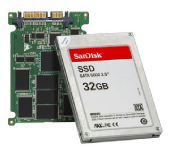SSD Data Recovery - Solid State Drive Recovery Service
SSD Data Recovery - Solid State Drive Recovery Service
ACE Data Recovery is here to help you get your valuable data back. Period.
Customers depend on us to stay ahead of the ever-changing technology in storage. We achieve this by heavily investing in Research & Development.
That is why we lead all competitors in our ability to recover SSD drives. We are the only company that develops our own in-house proprietary hardware and software specifically to recover SSD drives.
You may only get one chance to recover your data. Here are some of the many reasons you should allow ACE Data Recovery to handle your SSD recovery:
SSD technology can be very complex
That is why we ask our Customers to call us for a free phone consultation to help them understand how we can help them.
You want your data back as quickly as possible
We know our customers want their data back as quickly as possible. Our unique extraction process allows us to read multiple sets of data simultaneously making for a faster recovery process.
Everyone at ACE Data Recovery is dedicated to your success
That is why we have an unsurpassed 98% success rate. One of the highest success rates in the industry.
You deserve first class treatment
We give our customers free evaluations, an all-inclusive price, free return media, and a "No data, no charge" commitment.
SSD Data Recovery
ACE Data Recovery provides recovery services on a full range of solid state drives on MLC, eMLC, TLC or SLC NAND flash memory technologies for all makes and models of laptops, notebooks and server storage.
Unlike hard disk drives (HDDs), solid-state storage devices have no moving parts. This creates the wrong impression that data is much safer on an SSD. However, this is not the case. SSDs are more vulnerable to some defects than typical HDDs are, including abrupt power loss, magnetic fields and electric charges. Also, because SSDs have a limited number of write cycles, the ability to write to them will eventually wear out, leading to potential data loss.
Most SSDs use complicated controller technology to extend the reliability and speed of storage. The architecture inside a high performance SSD is more complicated than that in most RAID systems. The algorithms which map logical addresses to physical media locations vary from manufacturer to manufacturer and details are closely guarded commercial secrets. Read more about SSD architecture ...
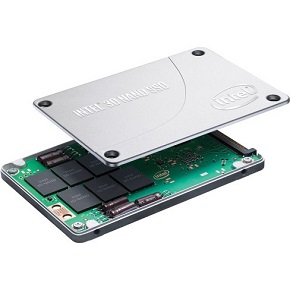 The majority of the SSD and HDD manufacturers today use hardware-based full drive encryption by default to prevent an unauthorized access. We are able to extract the AES encryption key from the drives.
ACE Data Recovery Intel Pro 5400s SSD (and other Intel families) data recovery solution, a combination of proprietary hardware and software, can access the data from locked SSD drives.
In much the same way a rechargeable battery loses its charge after several hundred cycles, non-volatile SSDs can lose their ability to retain data after thousands of write/erase cycles.
The majority of the SSD and HDD manufacturers today use hardware-based full drive encryption by default to prevent an unauthorized access. We are able to extract the AES encryption key from the drives.
ACE Data Recovery Intel Pro 5400s SSD (and other Intel families) data recovery solution, a combination of proprietary hardware and software, can access the data from locked SSD drives.
In much the same way a rechargeable battery loses its charge after several hundred cycles, non-volatile SSDs can lose their ability to retain data after thousands of write/erase cycles.
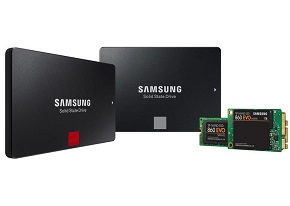 An example of this wear out process which is typical of SSDs is the Samsung 840 EVO and Samsung 850 EVO series, which incorporated a lower-cost TLC (triple-level cell) NAND memory whose purpose was to improve storage densities while reducing price. The TCL NAND led to well-known performance issues when reading older data.
An example of this wear out process which is typical of SSDs is the Samsung 840 EVO and Samsung 850 EVO series, which incorporated a lower-cost TLC (triple-level cell) NAND memory whose purpose was to improve storage densities while reducing price. The TCL NAND led to well-known performance issues when reading older data.
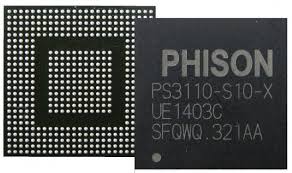 We developed a solution for retrieving data from failed SSD drives based on Phison Electronics Corporation PS3110-S10 controllers. The solution support the wide range of SSDs with Phison PS3108-S8 and PS3109-S9 devices manufactured by PNY, OCZ, Kingston, Corsair, Patriot, Silicon Power, ADATA, Crucial, Zotac and Toshiba.
We developed a solution for retrieving data from failed SSD drives based on Phison Electronics Corporation PS3110-S10 controllers. The solution support the wide range of SSDs with Phison PS3108-S8 and PS3109-S9 devices manufactured by PNY, OCZ, Kingston, Corsair, Patriot, Silicon Power, ADATA, Crucial, Zotac and Toshiba.
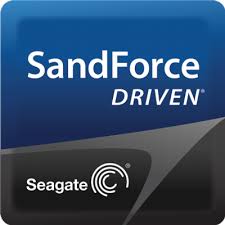 ACE Data Recovery developed technologies to read, reconstruct, restore, and recover encrypted data from Solid State Drives (SSDs) that are based on the Seagate Technology’s SandForce SF-1222,
SF-2241, SF-2281 controllers.
ACE Data Recovery developed technologies to read, reconstruct, restore, and recover encrypted data from Solid State Drives (SSDs) that are based on the Seagate Technology’s SandForce SF-1222,
SF-2241, SF-2281 controllers.
SandForce controllers are used by a large number of SSD manufacturers including WD-SanDisk, Toshiba-OCZ, Intel, Kingston, Corsair, PNY and others.
Our SSD data recovery process meets manufacturer’s requirements.
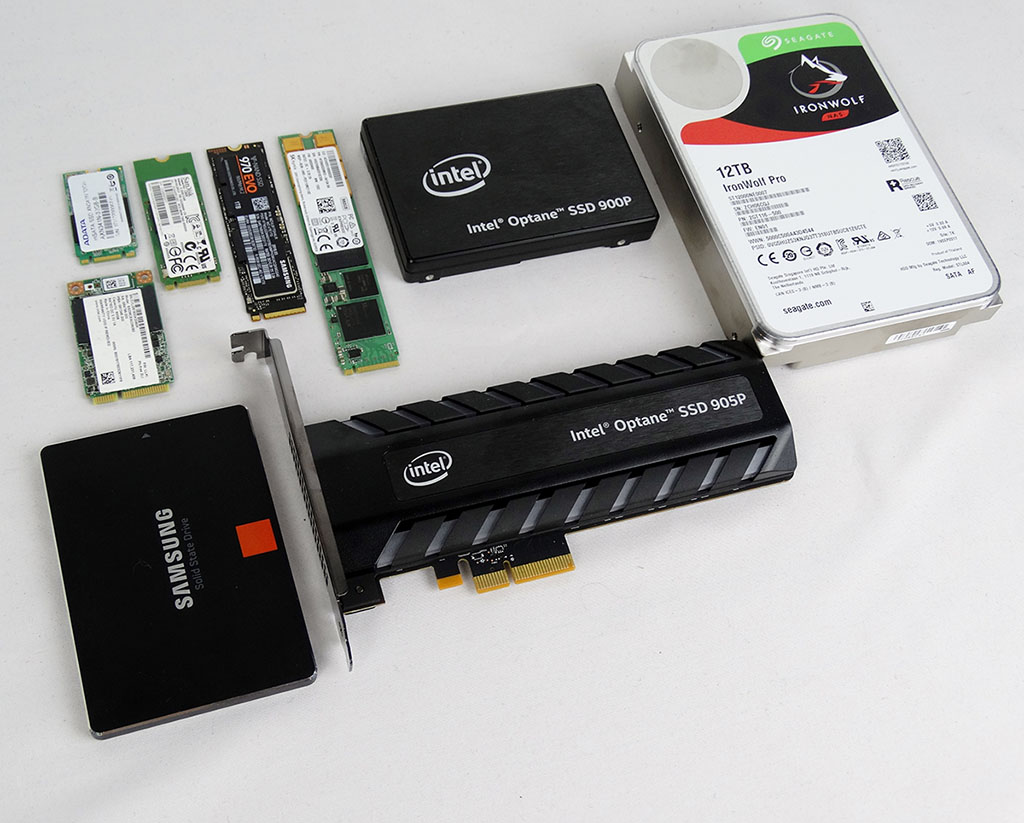
When a block loses its ability to retain data or when data errors occur that cannot be corrected by the drive's error correction (ECC) algorithm, the block is swapped with one from an available spare pool. When the spare blocks are exhausted and another error occurs, the SSD reaches critical failure state and needs to be replaced. SSD management algorithms such as advanced ECC and wear leveling over the entire flash media maximize the drive’s operating life and extend system-level endurance.
Due to the proprietary nature of controller chip manufacturing and programming, every flash and SSD recovery situation is unique. We will first determine the steps necessary to complete your particular SSD recovery, and then we will contact you for approval. With your approval, our engineers will continue with the recovery effort, validate the data and place it on a suitable replacement media, whether that is another drive, USB flash or any other media you chose.
